Today, I’d like to talk about a health issue that many people are facing recently: hypertension. Hypertension is often referred to as a potential silent killer of the 21st century, and I believe it’s a critical issue worth discussing. Let’s delve into it together.
What is Hypertension?
Hypertension is a condition where the pressure in the blood vessels is higher than normal. Blood pressure represents the force exerted by the blood against the vessel walls as the heart pumps blood. When this pressure remains high over time, it can strain the cardiovascular system. Hypertension can cause long-term damage to the cardiovascular system and lead to complications such as heart disease, stroke, and kidney disease.
Identifying the Main Causes of Hypertension
The causes of hypertension are varied. One of the most common causes is genetic factors. If there is a family history of hypertension, an individual’s risk of developing the condition may increase. Other factors include obesity, excessive salt intake, abuse of alcohol and tobacco, stress, and depression.
Symptoms and Detection Methods of Hypertension
Hypertension often progresses without symptoms, earning it the nickname “the silent killer.” However, some people may experience headaches, dizziness, shortness of breath, and changes in vision. Regular blood pressure measurements are essential for identifying hypertension. Normal blood pressure is below 120/80 mmHg, and values above this may indicate hypertension.
Long-term Effects and Complications of Hypertension
Hypertension can place a long-term burden on the cardiovascular system and lead to various complications. One of the most common complications is heart disease. Hypertension can cause narrowing or blockage of the heart’s blood vessels, increasing the risk of myocardial infarction, angina, and heart failure. Additionally, hypertension can lead to stroke, kidney disease, heart failure, angina, and arrhythmias.
Diagnosing Hypertension: Essential Tests
Diagnosing hypertension requires regular blood pressure measurements. Blood pressure is typically measured in the brachial artery or the forearm, recording both systolic and diastolic pressures. Physical examinations and blood tests may also be necessary to identify factors contributing to hypertension and to develop an appropriate treatment plan.
Managing Hypertension Through Lifestyle Changes
Effective management of hypertension requires lifestyle changes. Maintaining a healthy diet is crucial; it’s important to limit salt intake and consume a balanced diet rich in fresh fruits, vegetables, and nutrients. Managing weight is also vital, as obesity is a major cause of hypertension. Additionally, stress management and regular exercise can help prevent and manage hypertension.
Medication Treatment: Controlling Hypertension with Drugs
When lifestyle changes alone are insufficient to control hypertension, medication may be necessary. There are various types of drugs used to treat hypertension, each working through different mechanisms to control blood pressure. Common medications include diuretics, beta-blockers, ACE inhibitors, and calcium channel blockers. It’s important to follow a doctor’s guidance when establishing a medication treatment plan.
The Importance of Diet Control and Nutrition
Controlling hypertension requires understanding the importance of diet and nutrition. To prevent hypertension, it’s essential to avoid excessive salt intake and consume potassium-rich foods such as bananas, potatoes, spinach, and yogurt. These dietary adjustments can help lower blood pressure.
Exercise: A Key Element in Preventing and Managing Hypertension
Regular exercise is crucial for preventing and managing hypertension. Aerobic exercises, such as walking, swimming, and cycling, can lower blood pressure and improve cardiovascular health. Strength training can also stabilize blood pressure and enhance cardiovascular health.
A Comprehensive Approach to Preventing and Managing Hypertension
Preventing and managing hypertension requires a comprehensive approach. Lifestyle changes, medication, diet control, and regular exercise are all important components. Additionally, regular blood pressure checks and following a doctor’s advice for necessary tests and treatment plans are crucial. Early detection and proper management can protect us from the potential silent killer of the 21st century: hypertension.


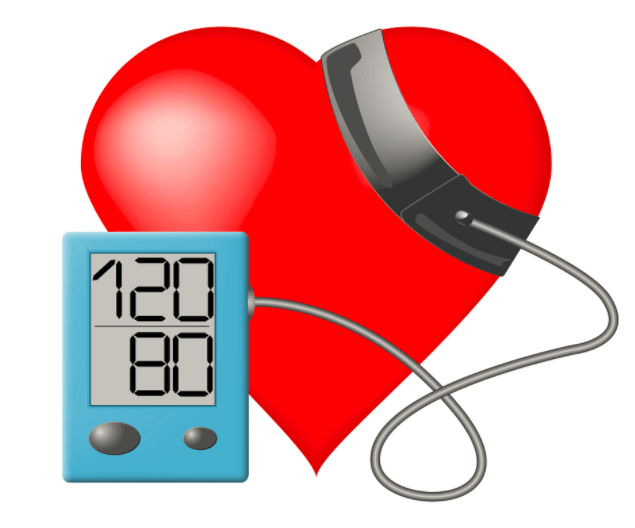
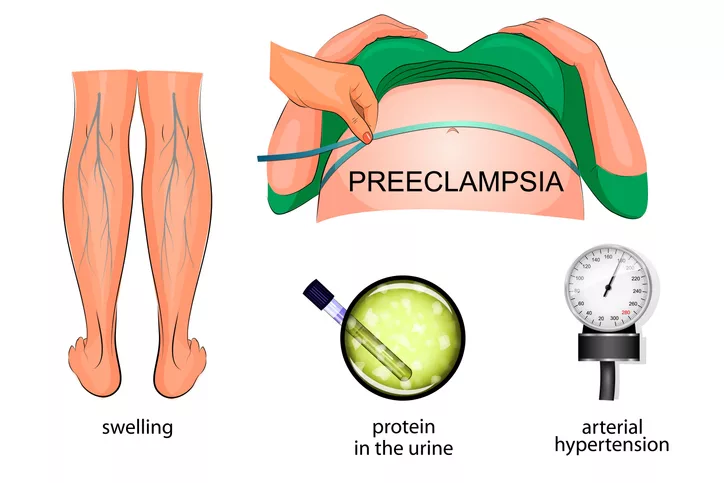
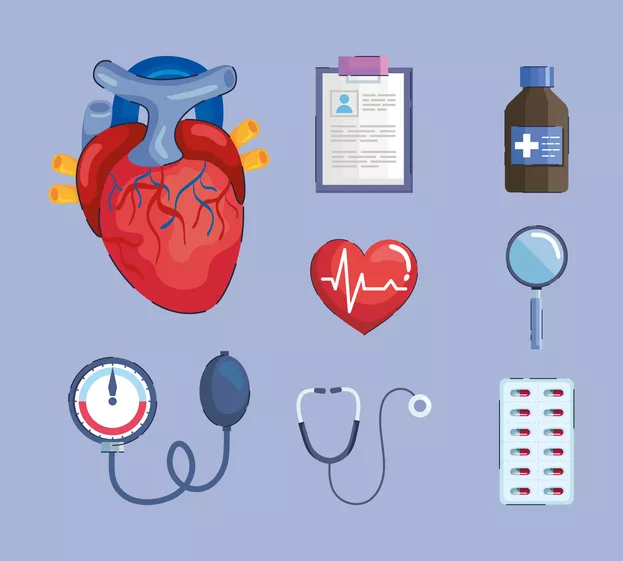
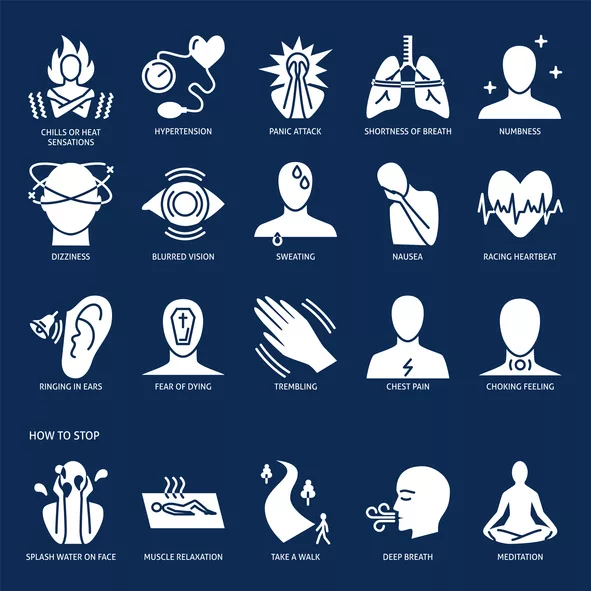
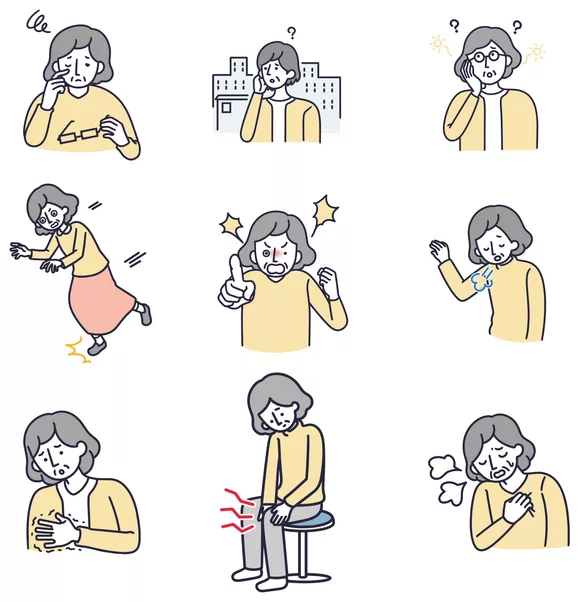
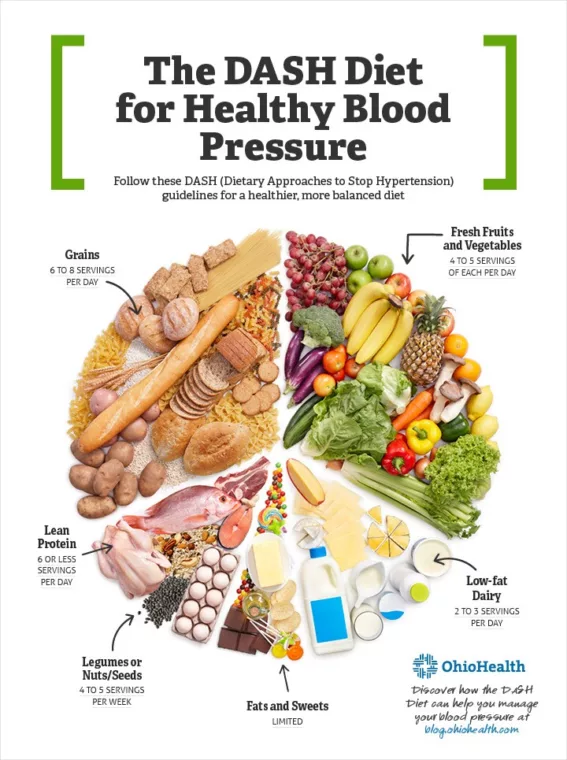



Leave a Reply